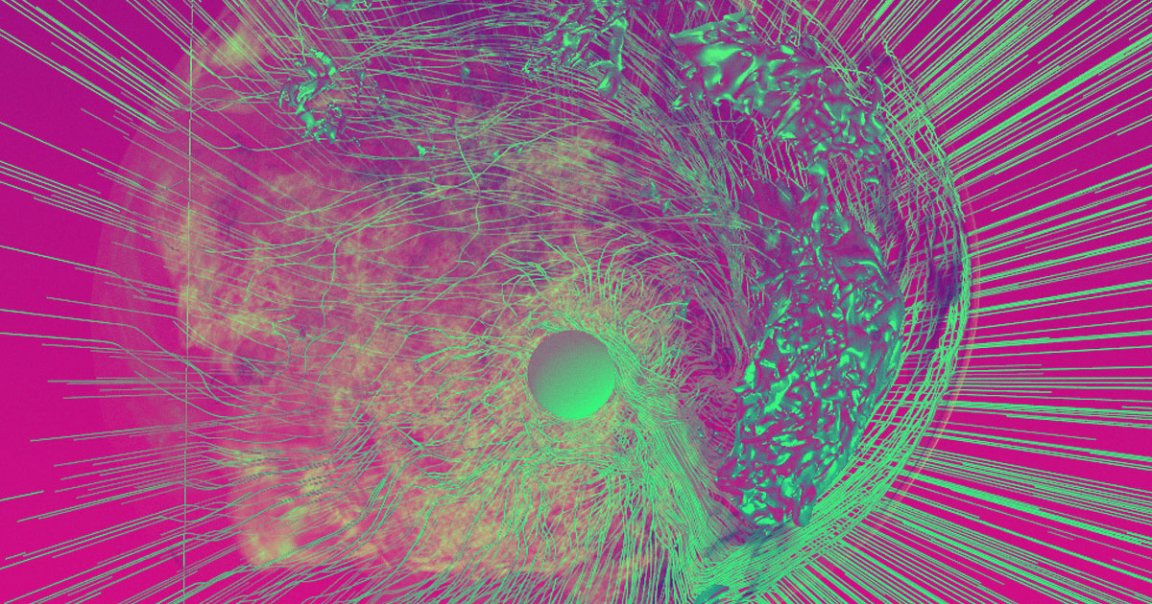
Cosmic Acceptance
For cosmologist Katie Mack, understanding that the ways that the universe might die provides a sense of comfort and connection with everything around her.
Mack, a researcher at North Carolina State University, told BBC News that studying the ways the universe could theoretically end at any moment — or the distant future — gave her a strange sense of peace.
“There’s something about acknowledging the impermanence of existence that is just a little bit freeing,” Mack told BBC News.
All Connected
Mack argues that many people may feel that the universe is happening elsewhere. To them, everyday life isn’t really tethered to the goings-on of the cosmos.
“It kind-of made it personal, this idea that the whole universe has these processes going on all the time, but in principle they could happen to me: I’m in the universe, and I don’t have any protection from this stuff,” Mack told BBC News.
Mack added that with her new book, “The End of Everything,” she’s trying to “share that terror a little bit, which seems mean, but to help people have that more personal connection with what’s going on in the universe.”
Distant Future
Whether it’s heat death, vacuum decay, or any of the other theoretical ways that our universe could go bye-bye, Mack says that any of these scenarios are likely far into the future, if they happen at all.
“It’s probably not going to happen in the next, you know, trillions and trillions and trillions and trillions of years and so on,” Mack told BBC News. “But, technically, it could happen at any time.”
READ MORE: Katie Mack: ‘Knowing how the universe will end is freeing’ [BBC News]
More on the universe: A Complete Timeline of the Future of Our Universe